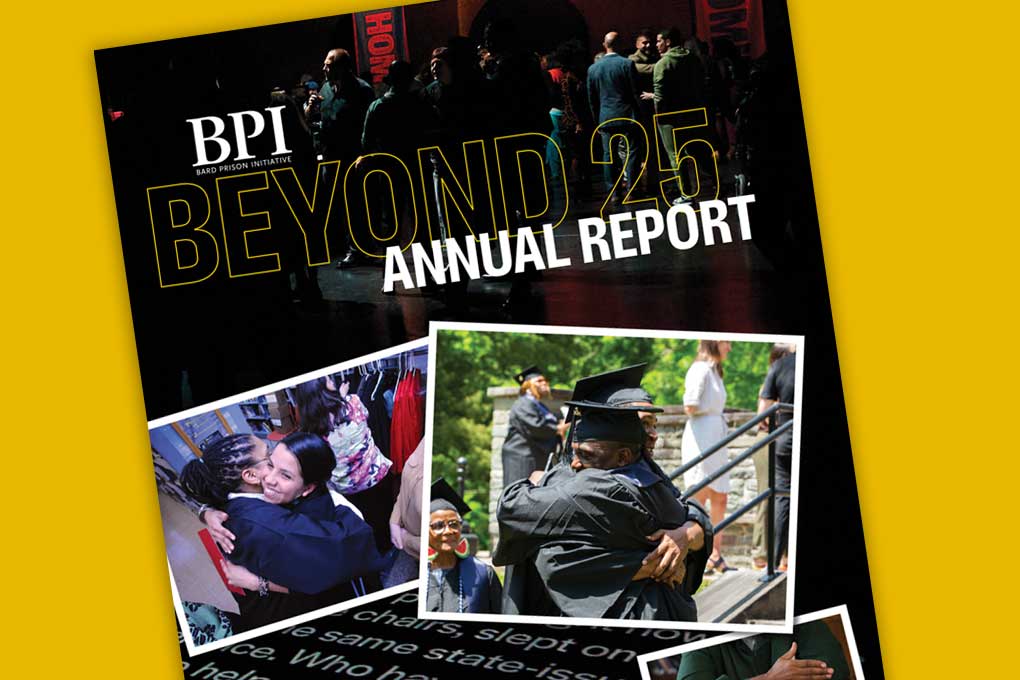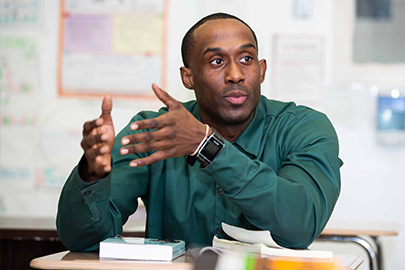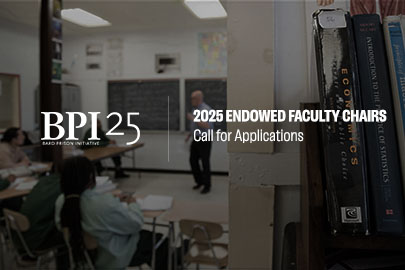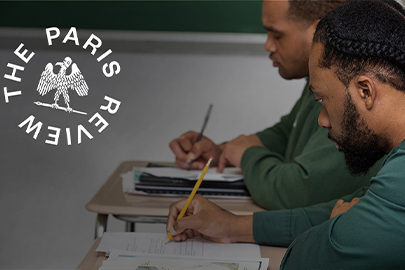Dear BPI alumni community,
The ongoing killing of African-Americans by police — sworn to serve and protect — could not have been expected to continue so long without dramatic response.
Three months into the COVID disaster, the policing crisis has forced itself to the fore yet again.
For us at BPI, it’s especially heartbreaking for these events to unfold when we have so little ability to see or communicate with our incarcerated community of students. From the little we hear and know, this is an extraordinarily lonely, isolating and frightening time to be incarcerated anywhere.
Meanwhile, the challenge of knowing how to respond, of how to protest, and how to protect the communities most impacted by racism, poverty and militarism — all in the time of COVID — seems impossibly hard to address.
There are some things we do know.
We know this is not new. In Minneapolis, policing was recognized as the critical challenge facing advocates of racial justice as far back as the 1940s. All of us are reminded particularly of the urban upheavals of 1964, ’67 and ’68. And BPI itself was founded in large part as a response to police violence of the 1990s. The names Abner Louima, Amadou Diallo, and Patrick Dorismond are seared in our institutional memory.
We also know partisans will exploit these circumstances for political advantage. We are familiar with the political response to the urban uprisings of the 1960s and how mass incarceration itself was borne from that.
And, we know that community police departments must demilitarize or be defunded. Let’s reallocate resources to reflect our best values and provide pathways to a better future. To build communities, let’s invest in individuals and transform institutions.
For twenty years, BPI has worked to address these issues in ways that are simultaneously radical and that bring people together — investing in individuals and transforming institutions. Today, that mission feels harder and more challenging than ever. It also is more important than ever.
BPI alumni are on the forefront, doing innovative work across the landscape: in advocacy and organizing, in leadership of schools and shelters and hospitals and in government and philanthropy. What we have to offer is an example of why America must invest in people instead of punishment.
The next six months will challenge all of us; let’s stick together and continue to show the world what’s possible if we do.
Yours sincerely,
Max




